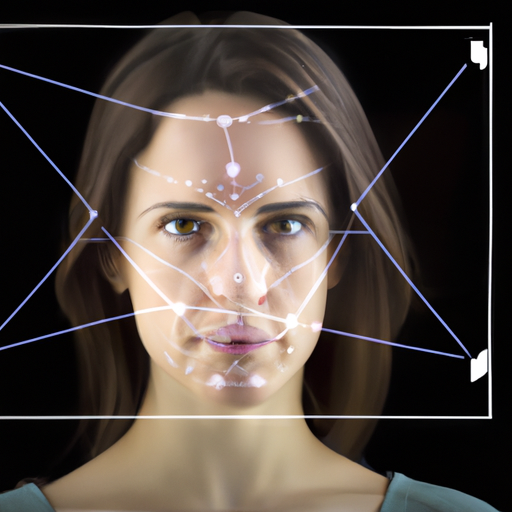Facial recognition technology has emerged as one of the most fascinating advancements in artificial intelligence. With the ability to identify and verify individuals based on their facial features, this technology is being integrated into various sectors, raising both excitement and concern about its implications.
What is Facial Recognition Technology?
Facial recognition technology is a biometric software application that can uniquely identify a person by analyzing patterns based on their facial contours. The technology works by capturing an image of a person’s face and comparing it to a database of known faces to find a match. This method has become increasingly popular due to its accuracy and efficiency.
Applications of Facial Recognition Technology
Facial recognition technology is being utilized in numerous fields, including:
- Security and Surveillance: Many law enforcement agencies use facial recognition to identify suspects and solve criminal cases.
- Mobile Devices: Smartphones and tablets now often incorporate facial recognition for unlocking devices and securing sensitive information.
- Retail: Stores are using facial recognition to analyze customer behavior and improve shopping experiences.
- Healthcare: Hospitals and clinics employ facial recognition to enhance patient identification, ensuring safety and efficiency.
The Benefits of Facial Recognition Technology
The primary advantages of facial recognition technology include:
- Enhanced Security: It provides a higher level of security in public spaces and critical infrastructure.
- Efficiency: Processes that require identity verification (like airport check-ins) can be completed quicker.
- Improved Customer Experience: Businesses can tailor services based on customer data collected through facial recognition.
Privacy Concerns
Despite its benefits, facial recognition technology raises significant privacy concerns. The ability to track and identify individuals without their consent can lead to misuse and discrimination. Critics argue that this technology could be used for mass surveillance and undermine civil liberties.
Legislation surrounding this technology is still evolving, and it is crucial for organizations to navigate these ethical challenges carefully.
The Future of Facial Recognition Technology
As facial recognition technology continues to evolve, it will likely become more sophisticated and pervasive in society. Balancing the benefits of enhanced security and operational efficiency with the need for privacy protection will be essential. Stakeholders must engage in discussions about the ethical use and governance of facial recognition to ensure it serves humanity positively.
Conclusion
Facial recognition technology is undoubtedly a powerful tool with immense potential. As we advance, it is imperative to embrace innovation while keeping a close eye on ethical considerations and privacy rights. Understanding both the advantages and implications can help us navigate this exciting yet complex technological landscape.




